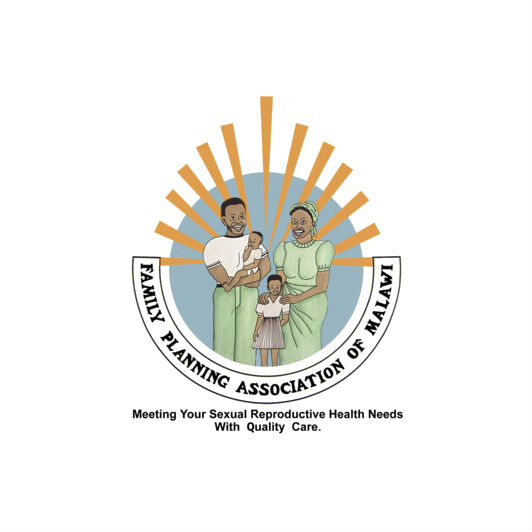

| 31 March 2016
Family Planning Association of Malawi
When it was founded in 1999, the Family Planning Association of Malawi (FPAM) focused on providing family planning services. As the organization has evolved, it has both refined and expanded its operation. Today, FPAM targets young people primarily, and reaches out to under-served rural communities. As a result, it operates 64 service points, including 53 mobile sexual and reproductive health (SRH) facilities and 4 static clinics. Its community-based distributor/services (CBDs/CBSs) profile is also very strong with 65 additional delivery points. As ever with IPPF Member Associations, the mix of outlets and approaches is very much led by the particular demographic and geographic needs of the country. FPAM also provides youth-friendly SRH information, education and behaviour change communication materials to young people at 4 youth centres, and through schools. Peer educators use group discussions, theatre performances, publications and audio-visual materials produced by community reproductive health promoters to pass on the message about good SRH practice and access to resources. The distribution of contraceptives, pregnancy testing, the diagnosis and treatment of sexually transmitted infections (STIs) and voluntary counselling and testing (VCT) for HIV are core to FPAM’s clinic activity. For its successful operation, the organization depends on a team of 46 full-time staff and over 600 volunteers. Over the years, FPAM has forged partnerships with health, family and youth departments in government, to advocate forward-thinking national SRH policies. It works with a variety of non-governmental organisations (NGOs) including the Malawi Girl Guides Association and Banja La Mtsogolo. Financing support comes from UNFPA, IPPF’s Japan Trust Fund, the Japanese Organization for International Cooperation in Family Planning (JOICFP), UNICEF, National AIDS Commission, GTZ, and Youth Incentives. FPAM also networks with other SRH-focused groups, particularly in the fields of HIV and AIDS and youth issues.

| 20 January 2025
The Soul City Institute for Social Justice
The Soul City Institute for Social Justice (SCI) is an intersectional feminist non-governmental organization that is internationally and locally recognized for its innovation and expertise over two decades in Social and Behaviour Change Communication (SBCC). The SCI’s primary focus is to work with young women and girls (ages 10 – 35 years) to develop and grow as feminist activists and leaders committed to strengthening movements and advancing the broader agenda for the rights and wellbeing of young women. The institute also works with men and boys as a secondary focus to promote gender equality and the development of feminist allies. The Institute’s vision is to ensure that young women and girls fully realize their human rights in a just society and can live with dignity and self-determination and have the health and well-being to grow, flourish and reach their full potential. It supports and amplifies young women’s feminist consciousness, voice, agency, and activism to dismantle patriarchy, protect their rights and enable their self-determination. The SCI’s programmes operate at multiple levels to influence individuals, communities, and the socio-economic and political environment. It harness popular culture for social change with prime-time dramas and talk shows on television and radio, combined with social media and print, social mobilization, and policy advocacy. The SCI approach is unique in that it combines multiple-level strategies at scale. Over the years we have reached over 80% of South Africa through our various programmes and our brand – Soul City - is loved and trusted, with two generations of South Africans having grown up with us. At least three communities the country have so identified themselves with our programmes that they have named themselves Soul City. SoulCity count total clinics Nationally. They provide SRH services (teenage pregnancy screening, contraceptives, PrEP & PEP, CTOP, condom distribution, Cheka Impilo (BP, BMI, diabetes), HTS, TB screening. Follow The Soul City Institute for Social Justice (SCI) on Twitter, Facebook and You Tube. See the RHNK website here.







